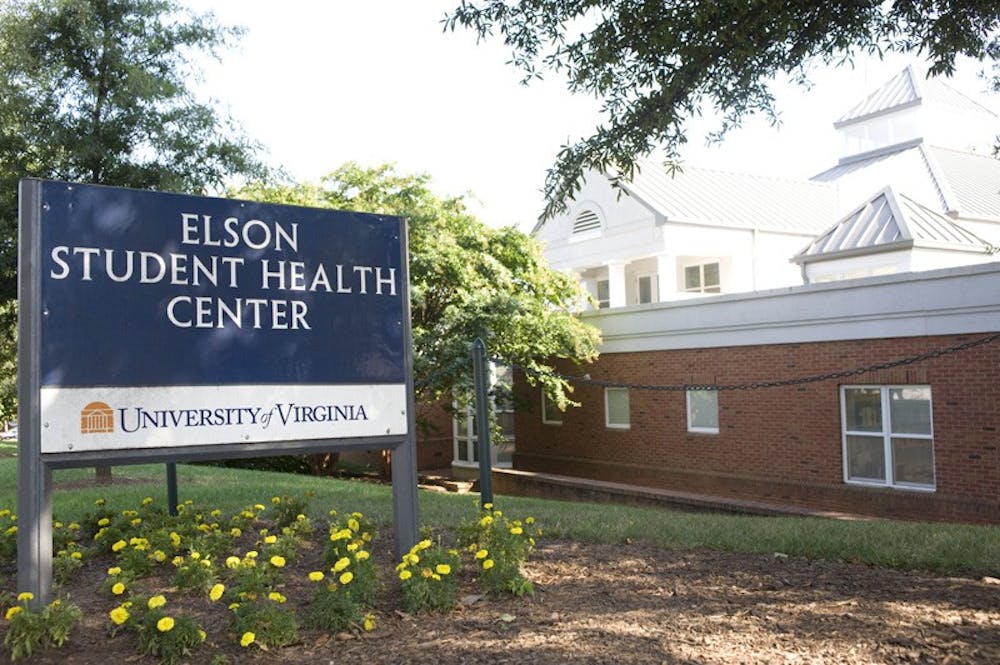As of Monday afternoon, 17 cases of swine flu have been reported this semester among University students, said Student Health Executive Director James Turner. More than 60 cases of the virus were reported during the summer, and experts predict that the disease will continue to spread in the college environment.\nThe disease's incidence at the University so far has been relatively mild, though, especially considering its classification by the World Health Organization as a pandemic, Turner noted. Moreover, only two Health System employees have been infected since Aug. 22, hospital spokesperson Sally Jones said.\nTurner said the disease often produces little more than typical seasonal flu-like symptoms, which include fever, headache, chills, body aches, fatigue, dry cough, sore throat, stuffy nose and - occasionally - nausea or diarrhea.\nStudents who think they might have swine flu should visit Student Health's Web site, Turner said. If the symptoms listed on the site match their own, they should call Student Health to notify employees before coming to the office, he said. Everyone entering the Student Health building must wear a mask and apply hand sanitizer.\nDiagnosis of the disease is based on Center for Disease Control guidelines, Turner said, as opposed to testing. Because the disease has been confirmed as prevalent in the Charlottesville area, Turner said, anyone who presents flu-like symptoms will be treated as though they have swine flu.\nStudents who contract the disease are asked to self-isolate until 24 hours after their fever dissipates, Turner said, expressing concern that students experiencing mild symptoms will still attend class and social events. By doing so, these students could potentially transmit the disease to other students, particularly those who have underlying health conditions that make them more likely to develop severe symptoms from the disease.\n"I think that people don't understand that the idea behind self-isolation is to protect the community," Turner said. "If you're thinking about the world, you can help [those who are most at-risk] by not exposing them to the disease."\nMarge Sidebottom, director of the Office of Emergency Preparedness, also emphasized that preventing the spread of the disease is the students' responsibility.\n"[Students] have to recognize that being part of society means taking the right precautions so others don't become ill and don't spread [the disease]," Sidebottom said.\nDining halls have added dispensers of hand-sanitizing lotion, and resident advisers are encouraging residents to wash their hands regularly and practice good overall hygiene, Sidebottom said.\nRoommates of students who have contracted the disease will be moved to other dormitory rooms, and Sidebottom said a program is being created that will allow volunteers to deliver meals to students with swine flu who are self-isolated in their rooms and apartment buildings.\nTurner said a swine flu vaccine is not yet available, but more details about its distribution will be released in late September.
Swine flu virus spreads as fall semester begins
Incidence at University remains relatively mild, Turner says; two health system employees contract swine flu infections this semester







